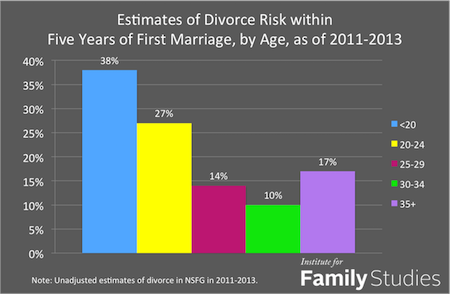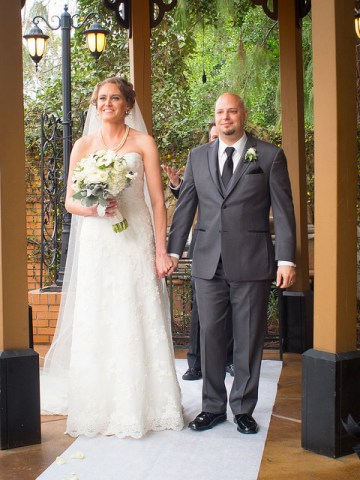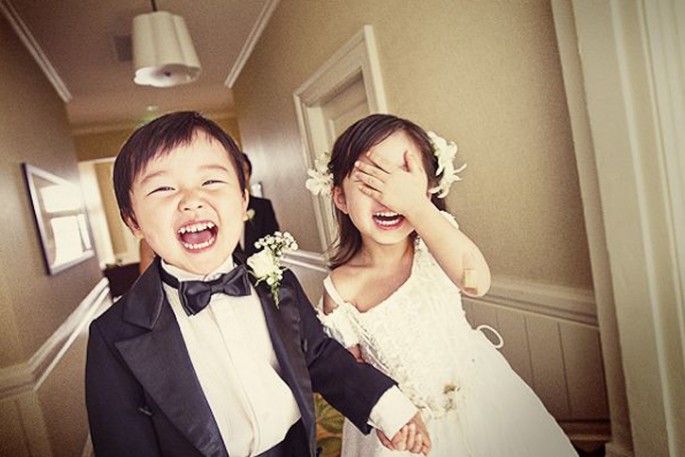Here’s an interesting trivia:
Men and women in the United States are marrying later than ever.
The US Census Bureau has found that the marrying age for today’s generation is 27 for women and 29 for men. People in urban areas in the East Coast marry later than those in the Southern states and the West Coast.
Marrying age is not really that important, per se. It’s how it affects the quality of the relationship that matters, how children are reared and whether or not it leads to divorce. Arguments about marrying young versus marrying older abound but there is no solid evidence to back one or other. Aside from age, other factors are in play that has an effect on the relationship: the background each one grew up in, educational level, religious beliefs, culture, emotional stability, etc.
Marrying young, in the early twenties or older, 25 and above, have their own advantages and challenges. That said, if you’re already married or are planning to, it’s best to be informed of the findings that different studies and surveys have yielded.
Marrying Young
Pros
1. Couples who married in their mid-20s report a higher level of happiness and contentment than those on either end – the ones who married in their teens or those that waited ’til their late 20s to early 30s. They are also less likely to drink frequently or feel depressed. These are results of the “Knot Yet” report from the National Marriage Project of the University of Virginia.
2. An early marriage means more sex for the couple. Maybe it’s the passion of youth coupled with guilt-free sex that makes it liberating and leads to more frequent sex. Whatever the reasons, Dana Rotz at Mathematica Policy Research has found that people who get married later have less sex. Common sense says more sex equates to a higher level of satisfaction and contentment within the marriage
3. A young husband-and-wife team is less likely to bear children with mental and biological defects. A study co-authored by Michael Rosanoff and Dr. Sven Sandin, of Autism Speaks and the Icahn School of Medicine in New York found that autism is highest in children borne of fathers between the age of 35 and 44 and when both parents are older.
4. Early marriage is good for the couple and their children. The generation gap is not as wide as with older parents, making it easier for them to understand their kids. Physical agility allows young parents to bond with their children at sports and other forms of play.
Cons
1. Young people are seldom fully developed psychologically and go into marriage unprepared. Marriage takes a lot of understanding and tolerance. When self-centeredness dominates, marital difficulties arise. This is why people who marry between the ages of 20 and 24 have the highest divorce rates, excepting teen marriages.

2. Financial insecurity is one major cause of couples fighting. People who marry young usually have lower educational attainment; hence, job and higher income opportunities are limited. When money is tight and spending habits clash, the chances of breaking up also increase.
3. Unrealistic expectations of one’s partner and the relationship are more common in early-age marriage. Romantic notions prevail but when reality sets in, disillusionment follows. Older and mature people are not as dreamy-eyed and can accept the bad as well as the good.
Marrying Older

Pros
1. Couples between the ages of 25 to 34 have the lowest divorce rates and this figure has not changed since 2006. At this age range, most men and women have finished college education, landed well-paying jobs and acquired the emotional stability that marrying requires.
2. The same Knot Yet report found that married women 30 years old and over earned the most money, second only to never-married college graduate women. Holding out on marriage to focus on a career is certainly advantageous for the females.
3. Marrying at an older age gives a couple financial soundness because they have established careers, invested money and acquired property while unattached.
4. Parents who marry later and have children have the wisdom and maturity to deal with child-rearing, have more patience and know their priorities.
Cons
1. Unlike the women, men who marry later earn less than their feminine counterparts, regardless of their education. An explanation of this phenomenon has not been found.
2. Couples who marry at age 32 or older have a higher likelihood for divorce than those who marry in their mid- to late twenties. Wolfinger thinks this might have to do with a personality who is not predisposed to a married life, having gotten too used to the single state.
3. Having kids at an older age can put retirement plans on the back burner. Older parents have to work extra years to fund their children’s education and take on more life insurance to ensure that their family is secured.
4. Older parents have diminished energy to keep up with young kids and may not be able to relate to their teenage children on generational and social issues.
